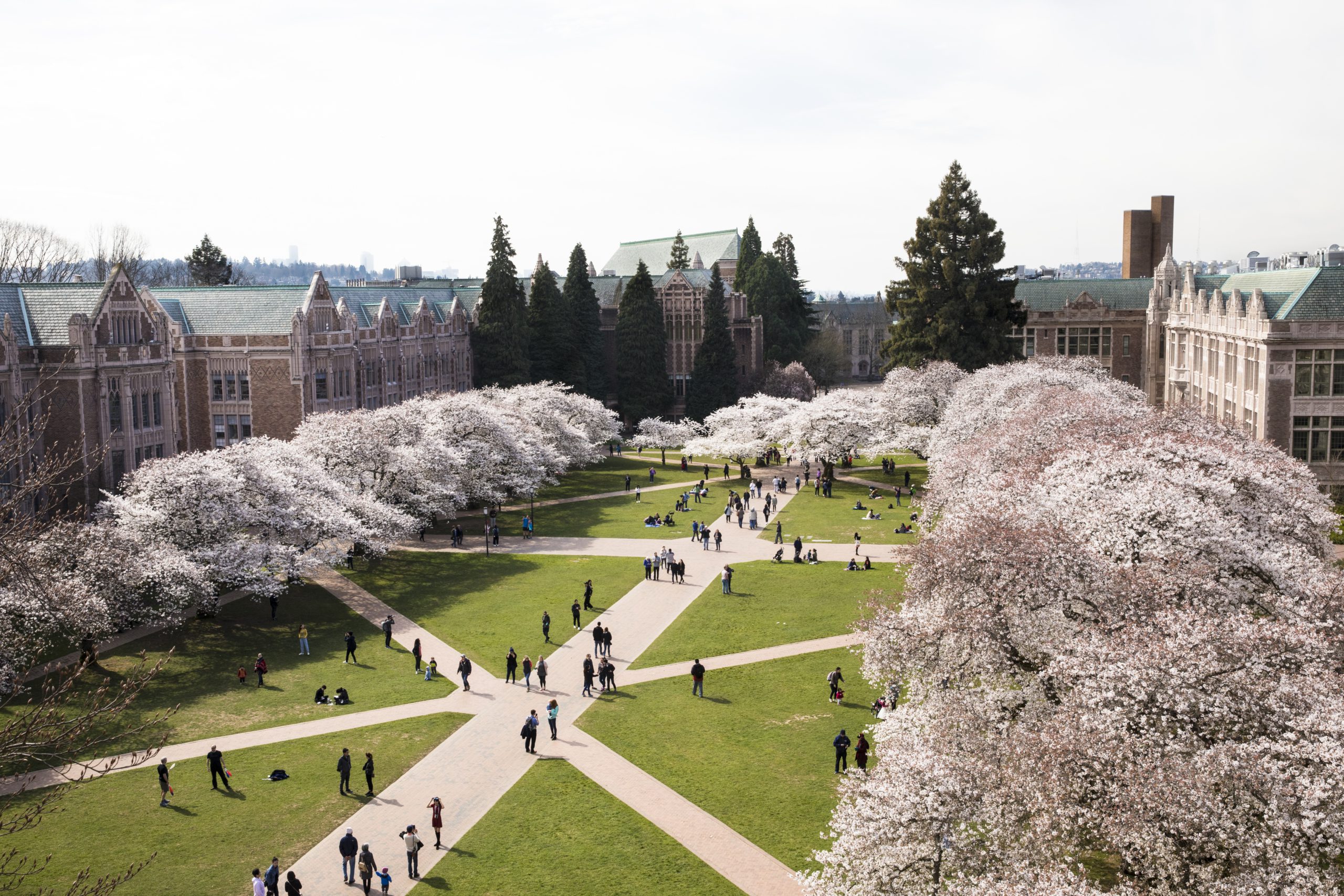UW ALLIES PROGRAM
The UW Allies program serves graduate students and postdoctoral scholars in basic science labs at UW. Allies are faculty who provide trainees with support during conflict with mentors and lab mates, assistance in navigating institutional barriers to success, and connection with institutional and community services. Allies stand in solidarity with trainees, so they don’t have to face challenges alone. For more information and to request an Ally, go to https://sites.uw.edu/uwallies.
UW SafeCampus
UW SafeCampus is a violence prevention and response program that supports students, faculty, and staff.
206-685-7233; Available 24 hours / 7 days a week
Husky HelpLine
Husky HelpLine is available to support students with same-day access to a Licensed Mental Health Counselor.
There are several ways to connect:
- Phone: Call (206) 616-7777
- Online chat: Chat with a counselor on Telus website or on the Telus app (Apple App Store | Google Play)
- Download the Telus app (Apple App Store | Google Play) to have the full range of services at your fingertips any time.
UW HALL HEALTH
Hall Health provides medical and mental health care to students and GenderAffirming Care.
206-685-1011
UW LiveWell
UW LiveWell is a center for student advocacy and training. Program and services include Alcohol and Drug Education, Peer Health Educator, Student Care, Suicide Intervention Program, Survivor Support and Advocacy.
206-543-6085
UW Food Pantry
https://www.washington.edu/anyhungryhusky/the-uw-food-pantry/
UW GSEE: Graduate Student Equity & Excellence (Formally GO-MAP)
UW GSEE supports graduate students of color with professional development, funding opportunities, advocacy, and outreach.
UW POSTDOCTORAL AFFAIRS OFFICE
UW OFFICE of MINORITY AFFAIRS & DIVERSITY
The Office of Minority Affairs & Diversity mission statement “We create pathways for diverse populations to access postsecondary opportunities, nurture and support their academic success, and cultivate a campus climate that enriches the educational experience for all.”
https://www.washington.edu/omad/

